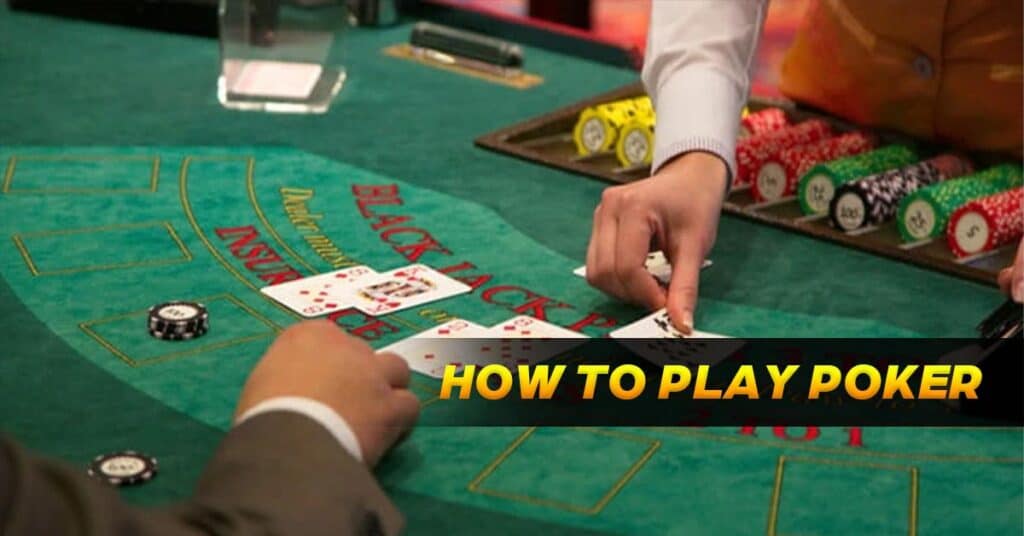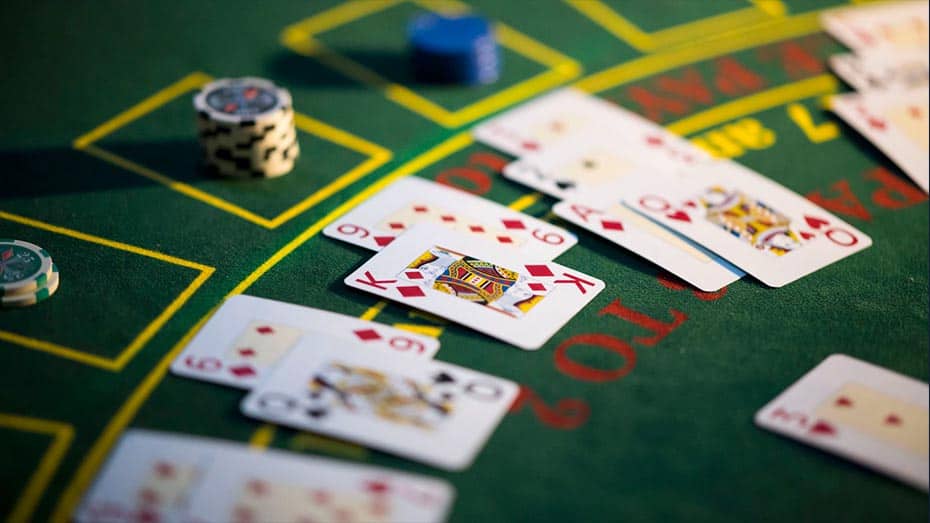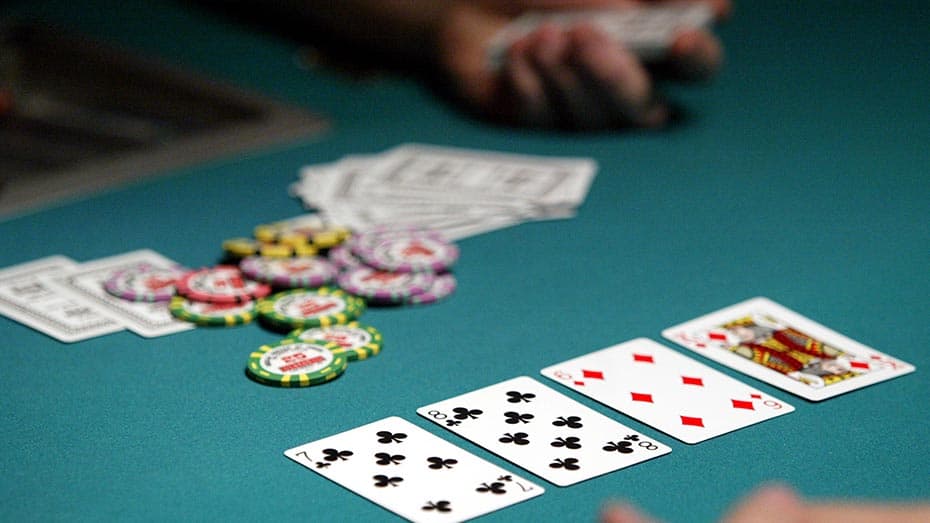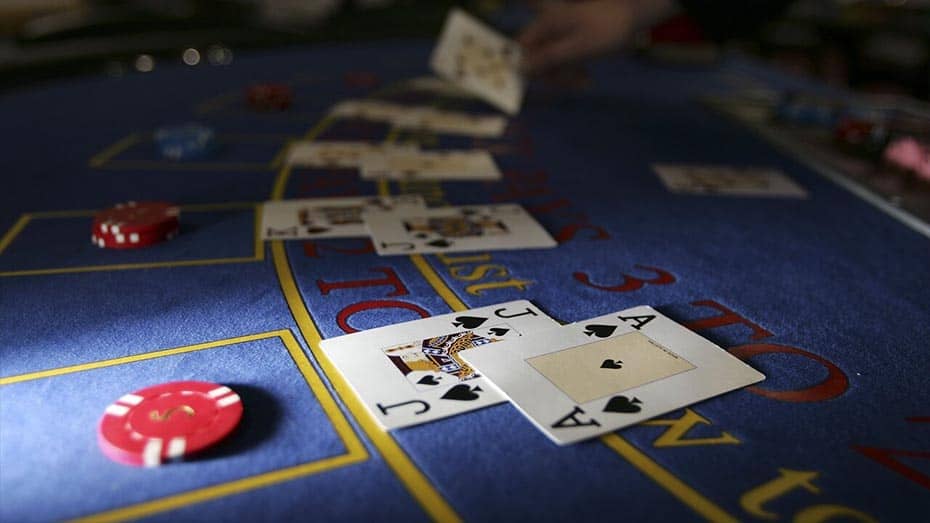Mastering Poker: A Comprehensive Guide on How to Play Poker
Poker is a timeless card game that has captured the hearts of millions around the world. Whether you’re a complete novice or a seasoned player looking to sharpen your skills, this guide will walk you through the fundamentals of how to play poker and give you the tools to excel at the table. From understanding hand rankings to mastering poker strategies, here in Lodigame, we’ve got you covered.

Poker Basics
Poker is a popular card game that combines elements of gambling, strategy, and skill. It is played in various forms all over the world, both in casual settings and at professional tournaments.

Poker Hands and Rankings
In poker, the strength of your hand is crucial. Hands are ranked from highest to lowest, with the Royal Flush being the best and a High Card being the lowest. The classification of hands in this card game comprises the following rankings: Royal Flush, Straight Flush, Four of a Kind, Full House, Flush, Straight, Three of a Kind, Two Pair, One Pair, and High Card.
The Deck of Cards
Poker is typically played with a standard 52-card deck, although some variations use jokers. The deck is divided into four suits: Hearts, Diamonds, Clubs, and Spades, with each suit having 13 ranks.
Setting Up a Poker Game
Setting up a poker game is a crucial step in ensuring a fair and enjoyable experience for all players involved in online casinos. Let’s delve deeper into the process and explore additional details on how to set up a poker game:

Setting Blinds and Antes
Blinds and antes are forced bets that initiate the action and create a pot for players to compete for. In games like Texas Hold’em and Omaha, there are usually two blinds: the small blind and the big blind. The player to the left of the dealer posts the small blind, and the next player posts the big blind, which is typically double the small blind. Alternatively, in games like Seven Card Stud, players may be required to post an ante before each hand begins. The blind and ante amounts can vary based on the game and the stakes you’re playing for. Make sure all players are aware of the blind and ante structure before starting.
Dealing the Cards
The dealer shuffles the deck thoroughly and offers it to the player on their right to cut the cards.
Starting with the player to the left of the dealer, cards are dealt in a clockwise direction one at a time until each player has their initial hand. In community card games like Texas Hold’em and Omaha, the dealer also places a set of community cards face up on the table.
Starting the Betting Rounds
Following the distribution of cards, the first betting round begins. This is usually initiated by the player to the left of the big blind (or the player to the left of the dealer if there are no blinds). The options for betting include checking (passing the action), betting (placing a wager), raising (increasing the bet), calling (matching the bet), or folding (discarding your hand and forfeiting the round). The betting rounds continue in a clockwise direction, with players taking turns until all bets are matched, or all but one player has folded. After the first round of betting is complete, the dealer proceeds to reveal the community cards (if applicable), and subsequent betting rounds follow.
Poker Rules and Gameplay
Poker rules and gameplay involve a combination of strategic betting, card combinations, and community cards in a quest to assemble the best hand and outplay opponents.

Betting Options (Check, Bet, Raise, Call, Fold)
Check: When it’s your turn to act, you can choose to check, which means you pass the action to the next player without making a bet. Checking is only possible if no one has placed a bet in the current round.
Bet: To initiate betting, you place chips into the pot. The amount you bet depends on the game’s betting structure (e.g., no-limit, pot-limit, or fixed-limit). Betting is a way to build the pot and put pressure on opponents.
Raise: If a player before you has bet, you can raise by putting more chips into the pot. The raise must be at least double the previous bet (or raise) in most games, but this can vary based on the specific poker variant being played.
Call: When another player has bet or raised, you can choose to match their bet to stay in the hand. This is called calling. It allows you to continue competing for the pot.
Fold: If you believe your hand is weak and you don’t want to invest more chips, you can fold. When you fold, you forfeit your hand and any chips you’ve already put into the pot.
The Flop, Turn, and River (Community Cards)
In community card games like Texas Hold’em and Omaha, additional face-up cards are dealt in the center of the table during the course of the hand. These cards are shared by all players and are called community cards.
- The Flop: After the first betting round, the dealer reveals three community cards simultaneously. These are known as the flop.
- The Turn: Following another betting round, a fourth community card is revealed. The term used for this card is the “turn” or “fourth street.”
- The River: After the third betting round, the fifth and final community card is revealed.
- This particular card is referred to as the “river” or “fifth street.”
Players use these community cards in combination with their hole cards to create the best possible poker hand.
Showdown and Determining the Winner
After the final round of betting, if two or more players remain in the hand, there is a showdown.
Every participant unveils their hole cards, and the superior hand is ascertained in accordance with the conventional poker hand rankings, encompassing options such as high card, one pair, two pair, three of a kind, straight, flush, full house, four of a kind, straight flush, and the prestigious royal flush.
The pot is claimed by the player possessing the hand with the highest-ranking in accordance with the established rules. If two or more players have the same hand rank, the pot is split among them.
In some games, like Texas Hold’em, it’s possible for players to win the pot without reaching a showdown if all other players fold during the hand.
Winning with Bluffs
Bluffing is an essential element of poker strategy. It involves representing a stronger hand than you actually have in an attempt to make your opponents fold. Effectively executing a bluff hinges on your ability to accurately assess your adversaries and grasp the intricacies of the game’s dynamics. It can be a powerful tool when used judiciously, but it can also be risky if overused. Skilled players use a combination of strong hands and well-timed bluffs to keep their opponents guessing and maximize their winnings.
FAQs
Conclusion
In conclusion, poker is a captivating blend of skill, strategy, and psychology that has enthralled players worldwide for generations. This comprehensive guide has provided a solid foundation for both beginners and experienced players to navigate the intricacies of the game, from understanding hand rankings to mastering the art of bluffing. With dedication, practice, and a keen understanding of the principles outlined here, anyone can embark on a rewarding journey to become a master of poker.

















